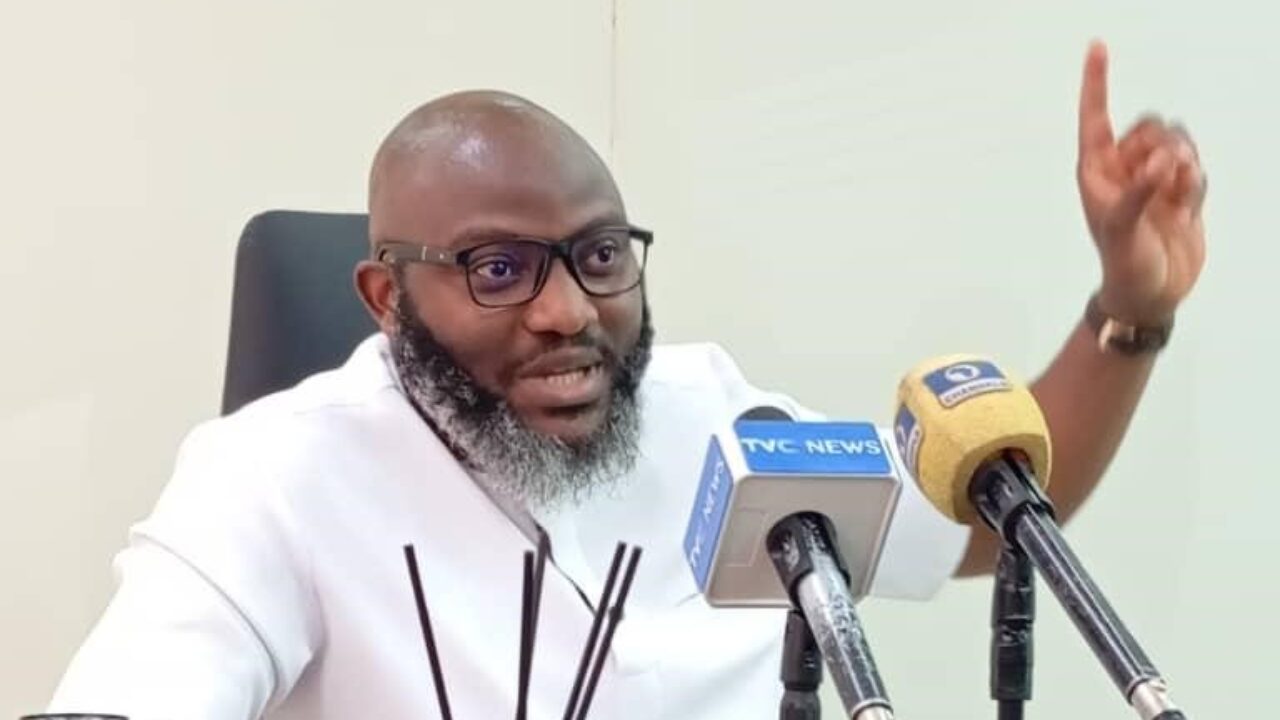A U.S. federal court has fined Nigerian entrepreneur Dozy Mmobuosi over $250 million and banned him from serving as a director of any public company. This decision follows charges by the U.S. Securities and Exchange Commission (SEC) that Mmobuosi and his firms, including two listed on Nasdaq, engaged in fraudulent activities by inflating financial performance metrics to deceive investors globally.
Judge Jesse M. Furman of the Southern District of New York issued a default judgment against Mmobuosi and his companies—Tingo Group, Agri-Fintech Holdings, and Tingo International Holdings—after they failed to respond to the SEC’s civil complaint filed in December 2023.
The court’s ruling highlights the SEC’s allegations that Mmobuosi’s business operations in the fintech and agricultural technology sectors were largely fabricated, leading to the significant penalties imposed.

The complaint alleged that the assets, revenues, expenses, customers, and suppliers of Mmobuosi’s companies were “almost entirely fabricated.”
Tingo Group, a fintech entity under Mmobuosi’s control, had claimed a customer base exceeding nine million Nigerian farmers and touted a robust food processing operation.
However, the SEC’s investigation found these claims to be significantly inflated. In one notable instance, Tingo Mobile, a subsidiary of Tingo Group, reported $461.7 million in cash and cash equivalents for 2022 in its Nigerian bank accounts. The SEC discovered that the actual balance was less than $50, highlighting the extent of the falsehoods.
READ ALSO: Nigerian Pilot Faces Five-year Jail for False Statements in US
Mmobuosi’s companies came under intense scrutiny last year after Hindenburg Research, a US-based short-seller, published a report calling Tingo Group an “extremely clear scam.”
The report caused Tingo’s stock price to plummet by more than 60 percent on the day of its release and raised serious questions about the legitimacy of Mmobuosi’s operations.
Furthermore, this legal outcome also comes after the Nigerian entrepreneur, who previously sought to purchase the English football club Sheffield United, was accused of misleading investors by overstating the performance of his companies.
The SEC’s actions underscore its commitment to holding individuals and firms accountable for fraudulent practices, particularly those that impact investors on a global scale. Mmobuosi’s case serves as a stark reminder of the severe consequences of corporate fraud.
